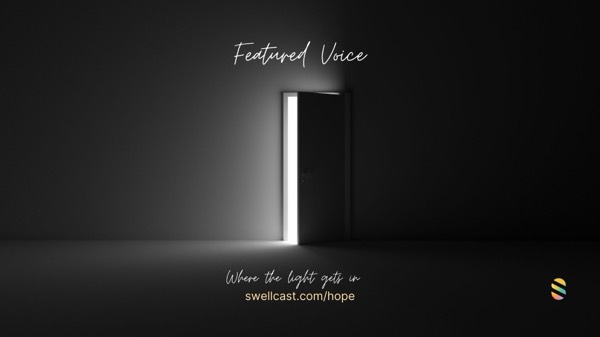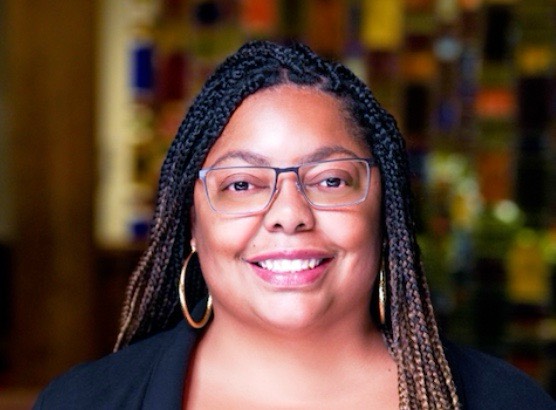
Mental Wellness Stories
@hope · 3:20
FEATURED VOICE | Kristin McGuire / Executive Director of Young Invincibles
One third of young adults between the ages of 18 and 25 have mental illness, and that's the highest level of any us adult. So it makes sense to think about young adults sort of getting in the driver's seat and figuring out what their future looks like for them. And her organization, called Young Invincibles, basically empowers young adults to advocate for health care and also higher education and economic policies

Mental Wellness Stories
@hope · 0:44
My first question, of course, is to give us a little insight into your background so we know where you came from and how you came to be the executive director of Young Invincibles. And I would love for you to just take a step back. Also, I know you're a first generation college student from a single parent household, and that is going to resonate with a lot of people on swell
And I credit a lot of that to just the hard work, the determination, and the sheer will of my mom to raise her three kids by herself. And so, in a nutshell, yeah, me. That's who I am

Mental Wellness Stories
@hope · 1:11
The second question I have for you is to help us understand the importance of having young people in the roles that they're in through young invincibles because I know that what's so powerful based on what I understand about your organization is that you help people sort of gain the agency that's needed to step into leadership roles to help shape policy, be about their future and specific to mental health
And another thing we do is make sure that they're comfortable, they're confident, and that they're not retraumatizing themselves when they're sharing their experiences. So we also have trauma informed trainings, and we do a lot of asset based storytelling to make sure that we let folks know they're more than their trauma, they're more than the a personal story, but that these stories are so important as we're shaping policy

Mental Wellness Stories
@hope · 1:16
Hello. So the next question I want to ask you in this cycle is the future a little bit of forecasting with us so that we can ride along with you and visualize with you a really good result of all the work you're doing with this organization? Let us sort of dream with you a little bit. What do you see happening in the next five years that's really going to shift and change some of the things you're working on?
Finding a provider that's a good match is such an important part of mental health treatment, which is why increasing the number and the diversity of providers is our next big policy priority

Mental Wellness Stories
@hope · 1:55
And if you have some mental health checklists in place, and you know that there's an attention to the mental health industry, it's kind of a meta commitment, too, because all the people that are looking forward to their futures need to know that there are systems in place to make sure that they are healthy as they move through their lives and get the attention they need

